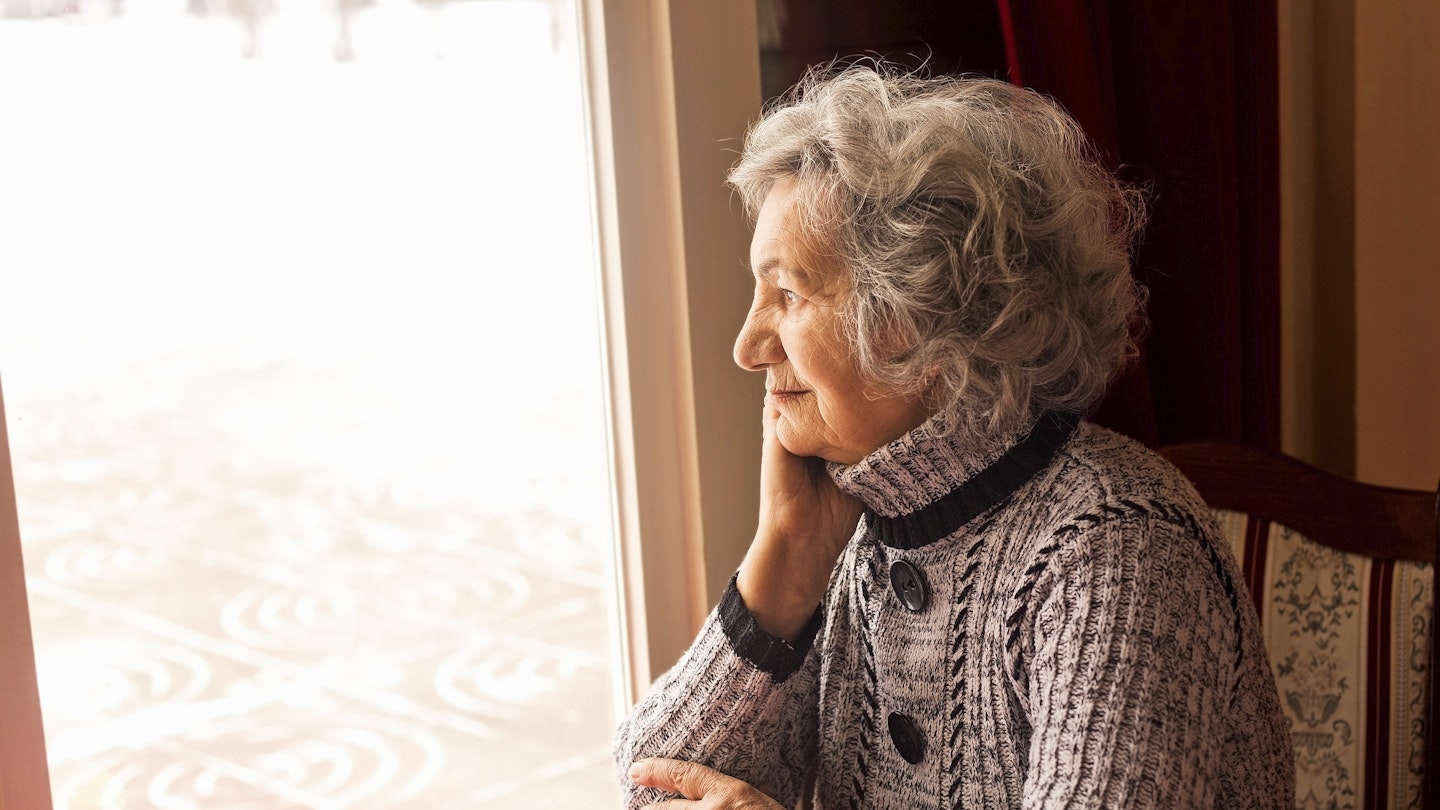Surprising statistics on loneliness show it’s not the older generation who are suffering most
When you think of loneliness, who do you think of? Your elderly neighbour who lives alone, or the teen who lives their life online with hundreds of friends?
Many of us associate being lonely with getting older. But a study has found that 31 per cent of 18-24 year olds said they felt lonely often or all the time, compared with just 17 per cent of the over 55s.
On the surface it might seem a surprising statistic. But experts point to factors that exacerbate loneliness in the young.
Studies have shown that despite more access to social media, younger people are lonely because they lack ‘real’ friendships.
Another cause is anxiety, sometimes increased by other people’s ‘perfect lives’ on social media.
Geri Burnikell, co-ordinator at the charity Support Line, says: ‘Anyone can experience loneliness at any time in their lives. Some people may live on their own and lack confidence in meeting new people and making friends, some may have experienced a relationship breakdown and find that friends made as part of a couple have drifted away, some may have been bereaved and are experiencing loneliness through loss of a partner.’
So, is it time to rethink loneliness to reach those who are really suffering?
Geri says: ‘If loneliness is caused by anxiety or lack of confidence or low self-esteem, there are books and websites where people can do a lot of self-help to become more confident in meeting others. Some may find that working with a counsellor can also be very helpful.’
Another factor young people in particular face is embarrassment.
Stephen Buckley, head of information at mental health charity, Mind, says: ‘People can struggle to talk about feeling lonely because they feel ashamed or embarrassed. While loneliness itself is not a mental health problem, the two are strongly connected. Research suggests that loneliness is associated with an increased risk of certain mental health problems including depression, anxiety, low self-esteem, sleep problems and increased stress.
‘Feeling low or anxious may cause you to withdraw from the friends and family around you, which could mean you feel even lonelier. It’s important to identify and address how you’re feeling as soon as possible.’
Mind recommends talking to someone, exercising (to help produce endorphins to feel better) joining ‘virtual’ groups online to meet people, and volunteering.
‘I’ve lived through it and come out the other side’
When I was 50, I left my husband and moved away. I’d never lived alone before and dreaded it. At first, it was very difficult. I felt isolated and had no friends. I got myself a cat, which helped a lot. But I still felt incredibly lonely. Then I realised I had to be proactive.
I started knocking on neighbours’ doors, offering shortbread or wine. Slowly I made friends and my loneliness began to ebb away.
My advice to Georgia or to anyone else who feels lonely is: Don’t stay in a toxic or unhappy relationship just because you’re lonely. Don’t wait for people to come to you — be proactive. Start to enjoy your own company rather than see it as a bad thing. And if you love animals, a pet could be the perfect antidote.
From Jan Harrison, 64, of Benny, Stirling
‘I have a partner and kids, and I still feel lonely’
I live in a busy, noisy house yet often feel lonely. I used to see my friends lots more before I had children but many of my friends haven’t had kids yet, so I don’t always get invited out. I don’t go out much, so I don’t meet new people. I don’t belong to any groups. In fact, I wouldn’t know how to meet new people.
I think the world I’ve grown up in, with the internet and social media has meant people don’t connect in person any more. I wish I knew how to change this, but I don’t know where to start.
From Georgia Edinburgh, 23, of Tetcott, Devon
Did you know?
According to Mind, those most at risk from loneliness are young adults aged 18-24, women, people who are single or widowed and people with health conditions
Edited by Julie Cook
• For more information, visit [mind.org.uk or supportline.org.uk](http://mind.org.uk or supportline.org.uk)
